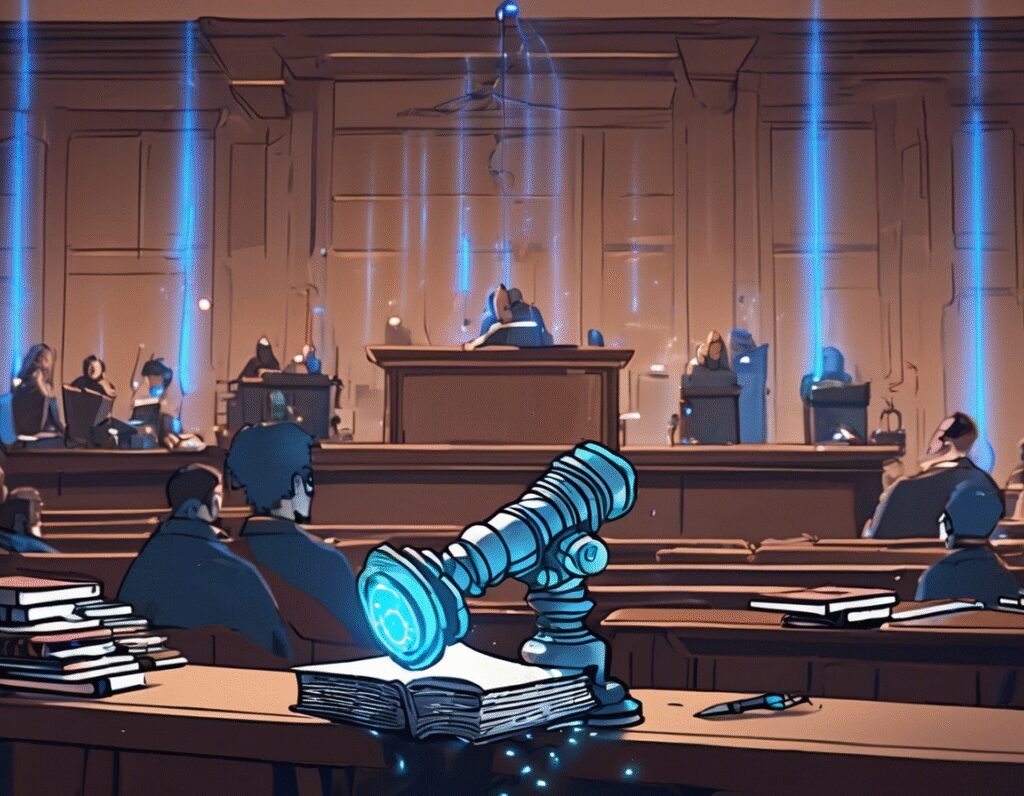Federal Judge Allows Millions of Writers to Join Lawsuit Against AI Startup Anthropic
A federal judge recently ruled that millions of writers could join a copyright infringement lawsuit against AI startup Anthropic. The case, initially filed by three authors, accuses Anthropic of illegally using pirated books from shadow libraries like LibGen to train its large language models.
US District Judge William Alsup expanded the scope of the lawsuit, stating that the three plaintiffs could represent every writer whose books were allegedly pirated by Anthropic. The company is accused of using around seven million books without permission, potentially exposing it to billions in damages.
Anthropic and several industry groups are now urging an appeals court to intervene and block the lawsuit from moving forward as a class action. The case highlights growing legal challenges for AI companies that rely on vast amounts of copyrighted material to train their models.
The lawsuit raises critical questions about the ethics of AI development and whether tech firms should compensate creators for using their work. If the court allows the class action to proceed, it could set a precedent for future cases involving AI and intellectual property rights.
As the legal battle unfolds, the outcome could reshape how AI companies source training data and handle copyright concerns. The decision may also influence broader debates about fair use, creator rights, and the responsibilities of tech firms in the AI era.
For now, the case remains a high-stakes conflict between the creative industry and the rapidly evolving AI sector. The appeals court’s next move will determine whether Anthropic faces a wave of legal claims from millions of writers or if the lawsuit remains limited in scope.

